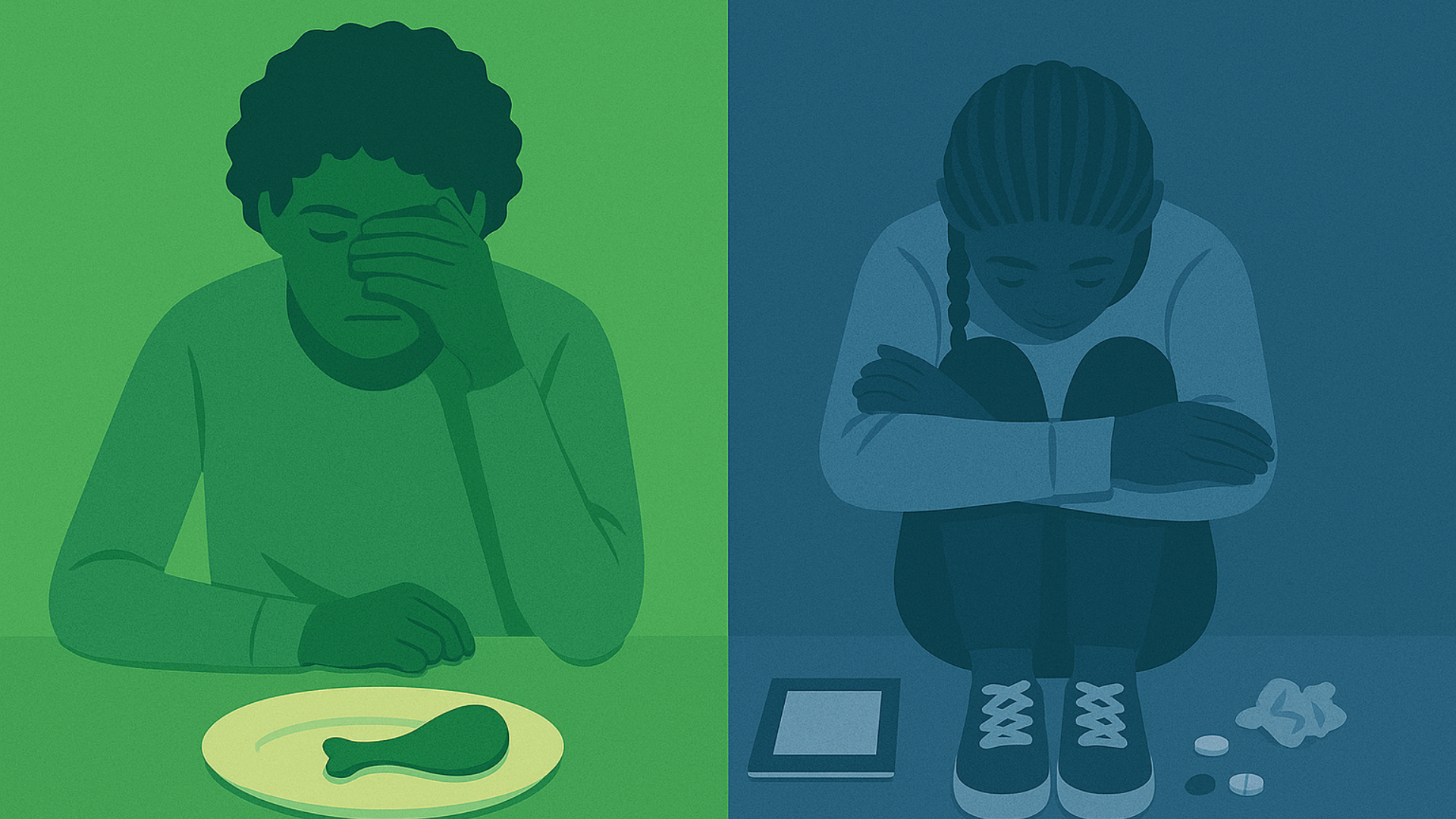June 4, 2025
Coming out is a deeply personal, courageous, and in many cases, life-changing act. Whether you're sharing your sexual orientation or gender identity, coming out is about embracing authenticity and sharing an essential part of who you are. During the process of coming out, prioritizing your mental health at every stage is crucial. In this blog, we'll discuss insights and strategies to support your mental health before, during, and after coming out. Wherever you are in your journey, know that your experience is valid and you are not alone. Understanding the Mental Impact of Coming Out Coming out can bring about a lot of big feelings, including fear, relief, joy, anxiety, grief, and hope, sometimes all at once. Know that heightened emotions during this time are completely normal. Sharing such an integral part of yourself with the world can feel intense, but even with the ups and downs, being authentically you is worth it. Because LGBTQIA+ individuals face added mental health burdens due to stigma and discrimination, taking care of yourself during this time is more important than ever. You might experience increased anxiety, mental exhaustion, or avoidance ahead of coming out, so don’t be afraid to reach out for support. At its core, coming out is about authentic self-expression and showing your truest self, which can feel both exciting and scary at the same time . The self-acceptance and community gained from coming out is a vital part of finding long-term strength and joy. Still, it’s okay if you feel uncertain or conflicted, and these feelings are just part of the process. Before Coming Out: Emotional Preparation Coming out starts with reflection. Remember that there’s no rush when it comes to figuring out who you are. It’s okay to take time to understand your identity and what coming out might mean for you. Here are a few questions to consider: What do I hope to gain by coming out? Who feels emotionally safe to talk to? What are my fears, and how can I manage them? Mental wellness tips before coming out: Journaling can help you better understand your feelings and fears and explore different ways to share your truth. Talking through your feelings and different scenarios with a therapist , especially one who is LGBTQIA+ affirming, can help you to feel more supported and ready to come out. Practice grounding techniques like deep breathing, meditation, or visualization to ease anxiety ahead of sharing your identity. Helpful resources for coming out include: Trevor Project Lifeline (1-866-488-7386) TrevorSpace (an online community for LGBTQIA+ youth) OurCenter (a local community center for the LGBTQIA+ community in Reno) During the Coming Out Process: Staying Grounded The act of coming out can feel intimidating, as you’re sharing such a vital part of who you are. You might experience fear, panic, or doubt. While these feelings are real, know that you don’t have to navigate them alone. Tips for emotional resilience: Practice conversations ahead of time with a therapist or supportive friend so you feel ready when the time comes to share. Choose a time and place where you feel safe and in control. Use affirming statements, like, “I deserve to be loved for who I am.” Coping with negative responses: Set emotional boundaries with people who aren’t supportive. Create an emotional safety plan: know who you can call, where you can go, and what can help soothe you in moments of distress. After Coming Out: Processing and Healing Coming out, no matter how it went, deserves to be celebrated. An act of strength and authenticity like coming out is no small feat, so be proud of yourself for sharing who you are. Even so, the emotional aftermath can be complicated. You might feel joy and empowerment or loss and grief, especially if relationships shift. Healing strategies: Acknowledge your courage . Even difficult conversations are acts of strength. Rebuild your safety if you've experienced rejection. This might mean changing your environment or seeking new support systems. Release guilt or shame. Being who you are is never something you should feel ashamed or guilty for. Support networks can make a huge difference. Seek out different forms of support like: LGBTQIA+ support groups (in-person or online) Peer mentors or community leaders Allies, friends, or family who affirm and respect your identity Therapeutic options to deal with stress, grief, or isolation associated with coming out: EMDR (Eye Movement Desensitization and Reprocessing) can help process trauma. Narrative therapy helps you rewrite your story in your own empowering voice. Coming Out More Than Once: Navigating the Long Game Coming out isn’t just a single milestone, it’s a recurring process. You might come out again and again: to a healthcare provider, a neighbor, a partner, or a friend. It can feel exhausting or unfair to have to come out more than once, but each time, you’ll continue to find more strength, confidence, and understanding for yourself. Other tips for coming out: Focus on cultivating a strong inner identity that doesn’t rely on external validation. You know who you are, and you don’t need to prove yourself to anyone. Create a personal toolkit of coping and grounding strategies to deal with stress or burn-out associated with coming out. Thrive Wellness offers a free breathing exercise guide to help relieve anxiety and calm the nervous system. Download it here . Find affirmation and support through community. This can look like finding a chosen family, looking up to queer role models, attending events that celebrate the LGBTQIA+ community and its history, and working on embracing authenticity and having pride in who you are. Remember, there’s no one-size-fits-all approach to coming out, and it’s never too late to share who you are. Whether you're preparing to come out, in the midst of sharing your truth, or processing what came after, know that you are worthy of love, safety, and joy. Your truth is worth celebrating, today and everyday! For support during the coming out process and beyond, reach out to our team of affirming, inclusive, and compassionate mental and physical health care providers. We're here for you.









